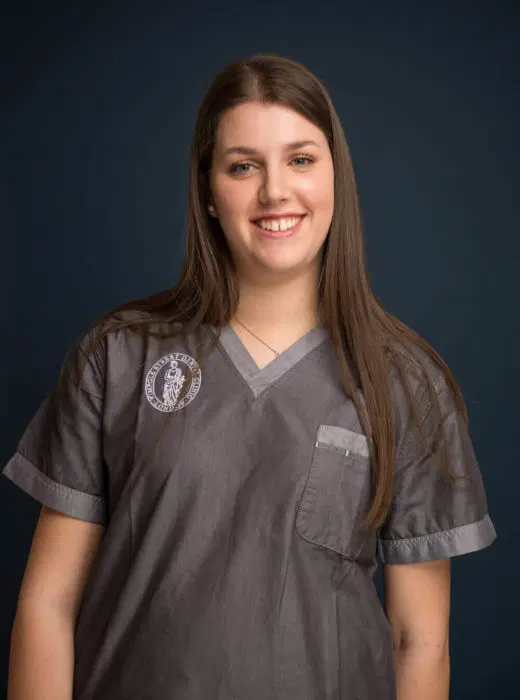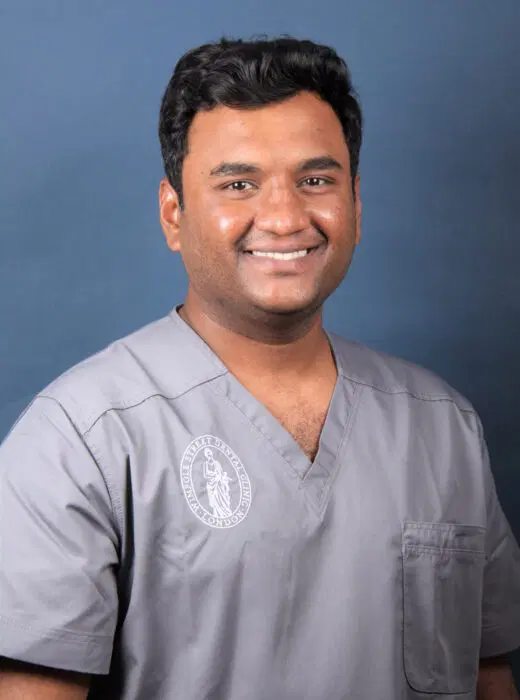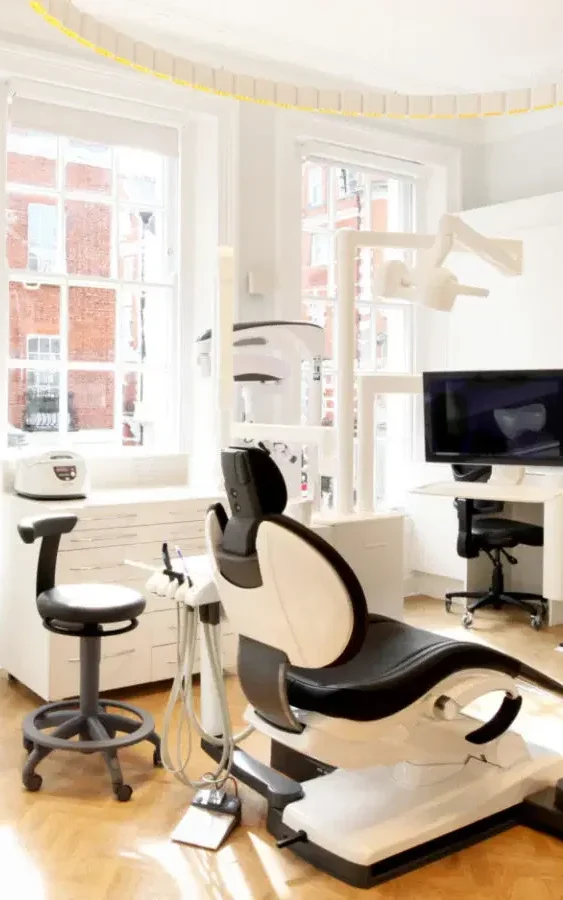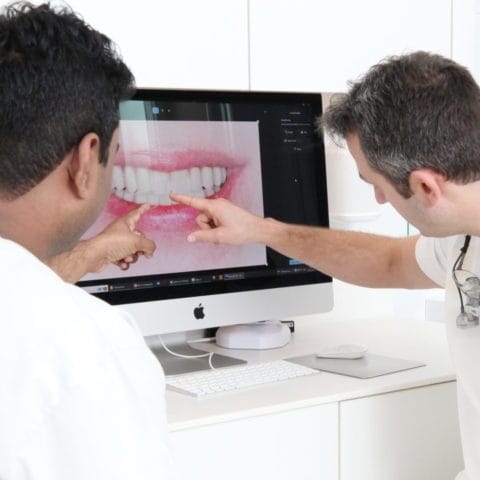Dental Bridges in London
A conventional way to replace a missing tooth is by using a bridge. This approach passes the test of time and in some cases is still be the best way to restore a gap. We offer all-ceramic dental bridges as replacements for one or more missing teeth (a fixed dental prosthesis) which is an artificial tooth or bridge pontic (false tooth), bonded on the adjacent or abutment teeth during the procedure to literally bridge the gap presented.

Treatment Duration
2+ hours

Price
From £3,900

Recovery Time
24 hours

What are dental bridges?
A bridge is made up of two or more crowns for the teeth on either side of the gap – these two or more anchoring teeth are called abutment teeth – and a false tooth/teeth in between. These false teeth are called pontics and can be made from gold, alloys, porcelain, or a combination of these materials. Dental bridges are supported by natural teeth or implants and effectively bridge a tooth gap.
Who is suitable for dental bridges?
Dental bridges do involve the removal of a significant part of the anchoring teeth, therefore these days your dentist will rarely propose a bridge when the adjacent teeth are totally intact. However, when these teeth have already been crowned or have extensive fillings, a conventional bridge may become an option. Modern techniques involve much less tissue removal than in the past, making dental bridges a much less invasive option than before.
They can be particularly helpful in cases where dental implants are not an easy option.
Meet your award-winning Dental Bridges dentist and team…
- We have over 75+ years of combined dentistry experience across our specialist team.
- 10,000+ treatments performed and counting.
- We are leaders in the dental industry – we regularly teach, lecture and publish our research work internationally.
Our Expertise
If you are considering dental treatment for replacing one or more missing teeth within the mouth and creating a smile makeover, you are really looking for the perfect fit to deliver comfort and confidence in the look and feel of your teeth but also how they perform for you in daily life.
Your team at Wimpole Street Dental Clinic here in the heart of Marylebone’s medical district in London appreciate this concern and so have invested time and resources in equipping our clinic with state-of-the-art dentistry technology dedicated to creating a bespoke all-ceramic dental bridge tailor-made to your exact measurements and colour match within this specialist field of dentistry.
This level of attention to detail delivers a restorative solution offering long-term stability within the mouth, high durability, high biocompatibility, the fit you really need and of course the excellent aesthetic results you have both come to expect from us and so rightly deserve.
Our highly skilled and friendly dentists are just an appointment away to answer all of your questions and explain a prospective treatment plan.
Dental Bridges Before & Afters

Helen Li
Wimpole Street Dental has the highest most ethical standard of work, personable approach, clear and safe procedures, top notch excellence and reliability in treatment provided with utmost professionalism from crème de la crème world class specialists all under one roof.
What happens during treatment?
After consultation, if you agree to receive a dental bridge, your dentist will use photos, a 3D X-ray and a digital scan of your teeth to prepare to proceed with our computer-guided implant operation for you.
Rest assured you will receive appropriate anaesthesia. We conduct precise preparation of your neighbouring teeth to ensure that the bridge we produce offers you the perfect fit.
An intraoral scanner, one of the tools available in-house from our state-of-the-art technology portfolio is used to take an impression of your teeth.
Your dentist places a temporary plastic dental bridge over the prepared teeth whilst the all-ceramic (permanent) version is developed.
One of our dental technicians will use the teeth impression to create the all-ceramic bridge to the exact colour specification you require for your ultimate comfort and confidence.
Your plastic dental bridge is removed, your teeth or dental implant is cleaned and a high-performing adhesive dental cement is applied to secure your bespoke all-ceramic dental bridge.
Post-treatment, your dentist will advise you on all the aftercare information and advice plus tips on good oral hygiene you may need to look after your bridges.
Take your first step with Wimpole Street Dental Clinic
Discover the path to a brighter smile with Wimpole Street Dental Clinic! Our team of skilled professionals utilizes advanced technology to provide personalised dental care in a comfortable setting.

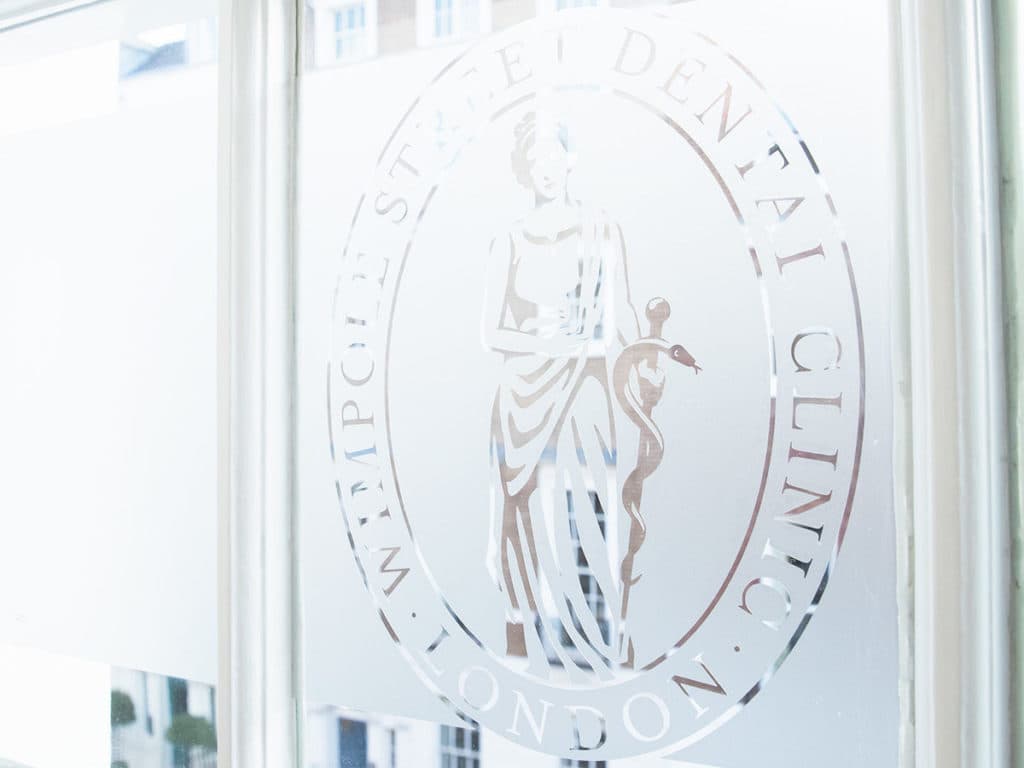
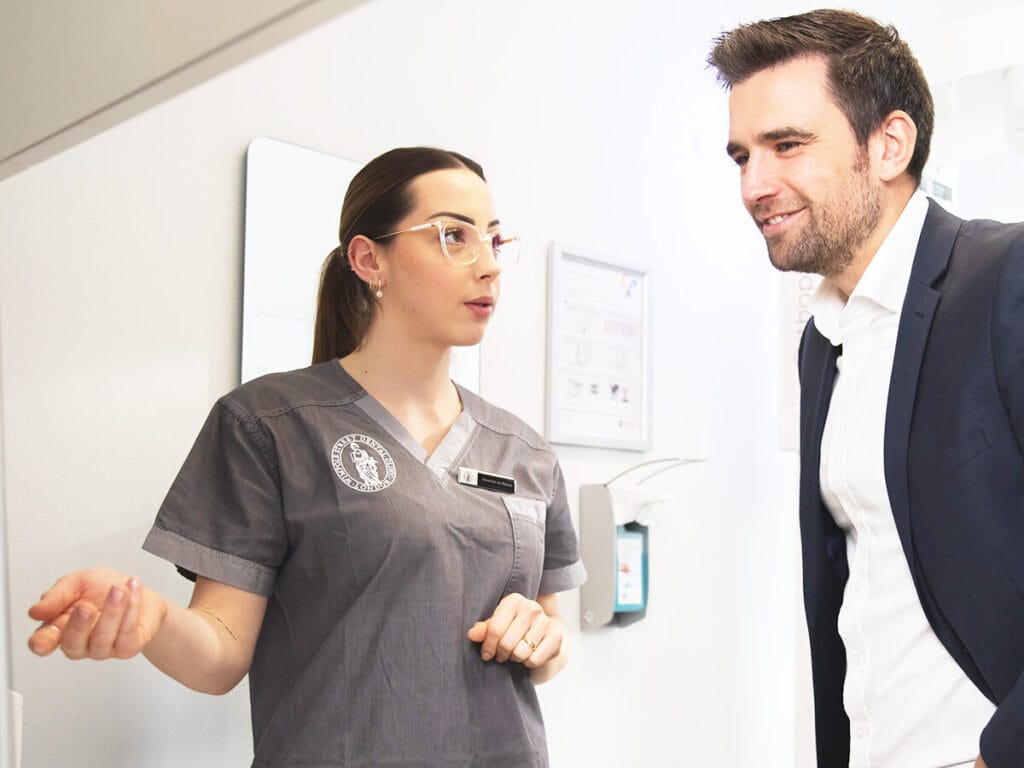



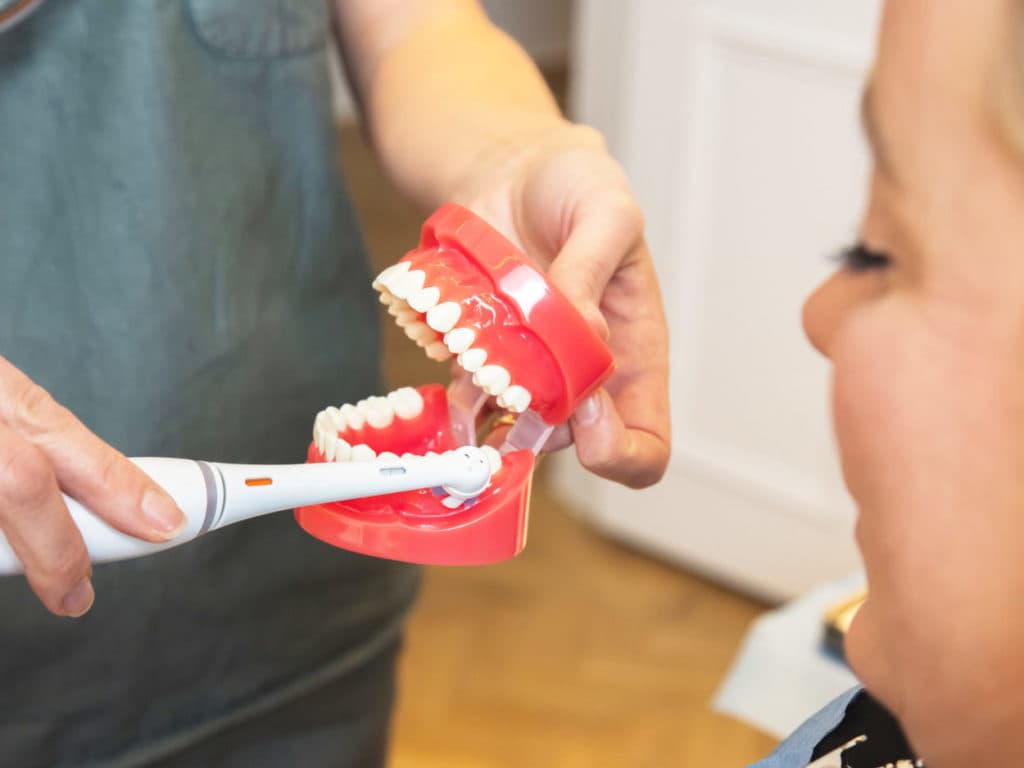


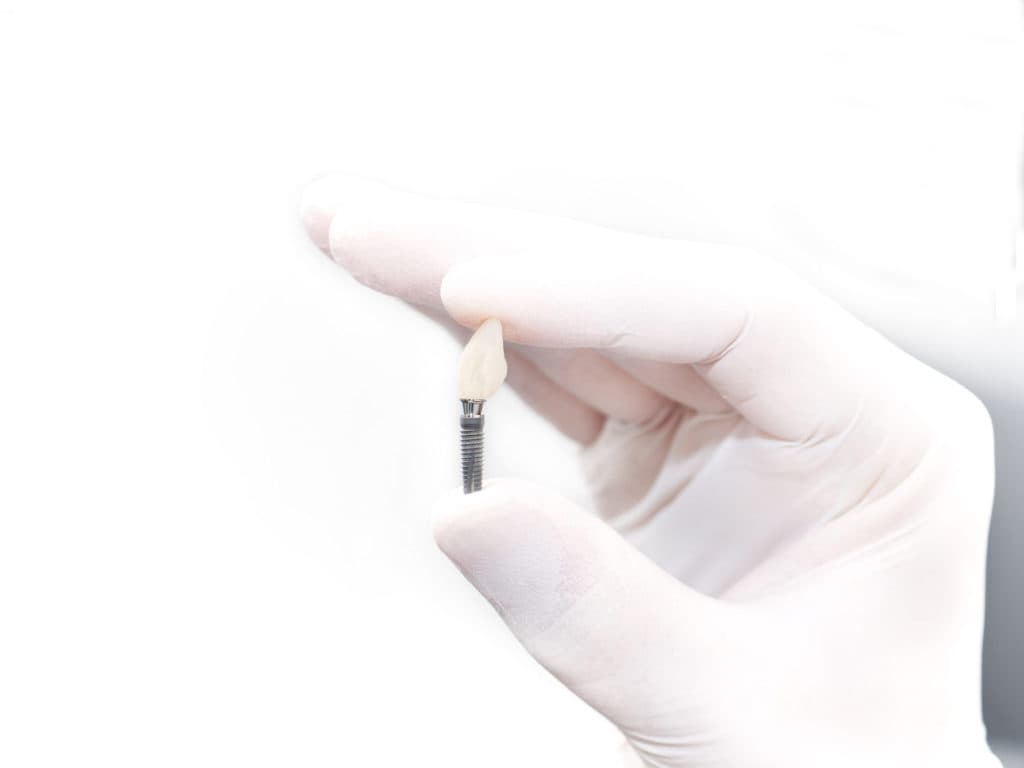

New page design
Written by: Prof Dr Christian Mehl
Medically reviewed by: Dr Raul Costa
Author biography added
Written by: Prof Dr Christian Mehl
Medically reviewed by: Dr Raul Costa
Original content created
Written by: Prof Dr Christian Mehl
Medically reviewed by: Dr Raul Costa
Wimpole St Dental Clinic has strict sourcing guidelines and relies on peer-reviewed studies, academic research institutions, and medical associations. We avoid using tertiary references. You can learn more about how we ensure our content is accurate and current by reading our editorial policy.
- Miyazaki T, Hotta Y. CAD/CAM systems available for the fabrication of crown and bridge restorations. Aust Dent J. 2011 Jun;56 Suppl 1:97-106. doi: 10.1111/j.1834-7819.2010.01300.x. PMID: 21564120.
- Lawson NC, Khajotia S, Bedran-Russo AK, Frazier K, Park J, Leme-Kraus A, Urquhart O; Council on Scientific Affairs. Bonding crowns and bridges with resin cement: An American Dental Association Clinical Evaluators Panel survey. J Am Dent Assoc. 2020 Oct;151(10):796-797.e2. doi: 10.1016/j.adaj.2020.07.023. PMID: 32979959.
- Leempoel PJ, van Rossum GM, de Haan AF, Reintjes AG. Bridges in general dental practices: a descriptive study of the types of bridges and patients. J Oral Rehabil. 1989 Jul;16(4):381-6. doi: 10.1111/j.1365-2842.1989.tb01354.x. PMID: 2677283.
- Fayyad MA, al-Rafee MA. Failure of dental bridges: III–Effect of some technical factors. J Oral Rehabil. 1996 Oct;23(10):675-8. PMID: 8933384.





